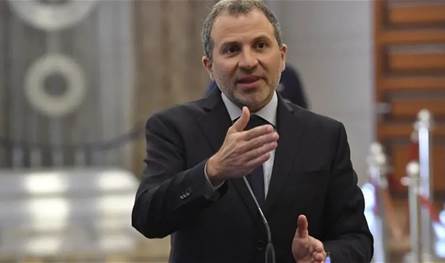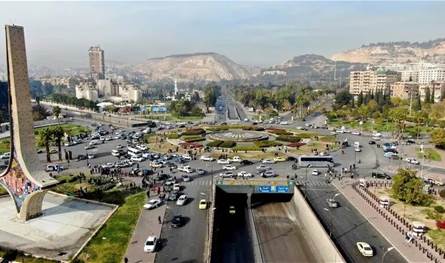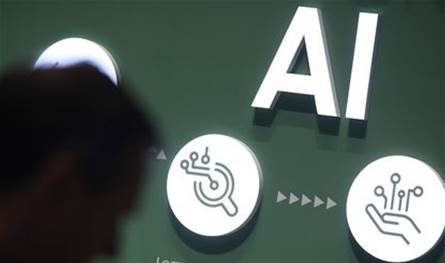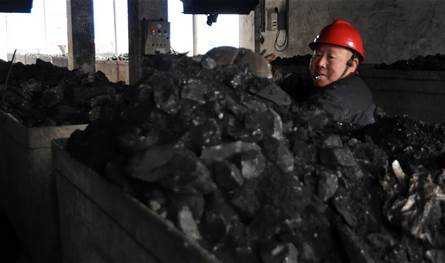An unfamiliar scene in Lebanon: the dryness of rivers and springs … and tanks transmit polluted water
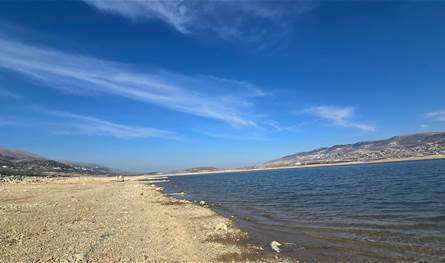
Lebanon suffers from an unprecedented water crisis, which was reflected in scarcity and dryness in all the coastal Lebanese regions of it, so that the largest part of the springs, rivers and ponds dried up, and rivers turned into arid lands. Perhaps the scene of the spring of white in Baalbek, one of the oldest and most prolific springs in the Bekaa region, has become a dry spot, which represents the most prominent indication of the seriousness of the water crisis, which threatens the health, environmental and social aspects.
Forest trees
Drought was not limited to the water spaces, but the forests, and we started witnessing trees that were characterized by their green cover throughout the year, they have become gray and yellow, as if a fire had hit it, a phenomenon that takes place for the first time in the forests of Lebanon, according to what the head of the World Environment Party, Doulat Kamel, confirmed, “We have made tours that included all regions, and surprised us that the leaves of trees in the forests began to tend to the yellowing Some of them were subjected to Libas, “noting in connection with” Lebanon 24 “that Lebanon entered the stage of climate change from its wide door.
“The blessing of the bride” is a blessing in which the waters of the river of a guide in the higher Chouf, nourishing all the crops in the village of “Ain Qeni”, the shevitan, and it was famous recently as a tourist destination, due to the abundance of its water and the beauty of its waterfalls and the intensity of the trees surrounding it, and the possibility of swimming in its fresh and cold waters in the glory of the summer. This summer turned into a scary place, according to a scary place The description of some of the villagers, one of the farmers says to “Lebanon 24” that reached the age of eighty -five years old, I work in cultivating my field adjacent to the blessing, and I did not see throughout my life the scene of blessing and it was completely dried up, but rather until last summer it represented a park for the people of the village and the neighboring villages.
Many factors stand behind the wave of scarcity and dehydration, including the decline in fall, so that the winter of 2024-2025 witnessed a significant decrease in the rainfall, as the amounts of rain were 50% lower than the annual average according to the Ministry of Energy and Water. In this context, Doumit says, “For the first time, we are witnessing significant declines in the fallacies, and the most dangerous decreases in snowfall this year, so that snow was limited to high levels at 1500 meters and above, unlike what was happening in previous years of snowfall up to 200 meters above sea level several times during the same season, which indicates a severe shortage of hollow waters that feed from snow.” In addition to the severe decrease in fallacies, the summer season witnessed a record rise in temperatures, resulting in the evaporation of available water resources and the decline in the ability of agricultural lands to retain moisture. The data of the Agricultural Scientific Research Center indicated that the percentage of water available for irrigation decreased by more than 60% this season, which reflected negatively on the agricultural sector. A report issued by the Food and Agriculture Organization (FAO) indicated that the percentage of useless water use in irrigation in some Bekaa villages increased by 25% during the past months.
Poor water file management
Natural factors do not stop alone behind the water crisis, but there are factors that are no less dangerous related to the mismanagement of this file by those concerned with it, and at the forefront of the Ministry of Energy and Water, not only because of the lack of strategies to anticipate the crisis and find solutions before the scarcity and dehydration, but also not to treat the waste in the water network This is that sewage is leaked into water networks. ” A report issued by “UNICEF” in 2021 warned of the danger of not maintaining these networks, pointing out that the water supply systems in Lebanon are about to collapse, exposing more than 71 % of people to the risk of not obtaining water. The health drain is leaving to the rivers and groundwater.
The water crisis is not a result of today, but rather returns to decades ago, and a different approach must be followed from the previous one, which we hope that the current era will do. Where it is in the Litani River alone, more than 8 thousand sewage and industrial.
Because of the scarcity of water, the phenomenon of water tanks has spread, not only in Beirut but also in all of Lebanon, including mountainous areas that are famous for the large number of springs, rivers, ponds and waterfalls. Everyone has become at the mercy of the owners of tanks, who did well to exploit the crisis, and raised prices, so it grew a black market to sell polluted water. The price of each water tank has risen from $ 60 to $ 250, confirming Doulat, noting that the bangs of the artesian wells are contaminated, especially in coastal cities, and thus the sewage leaks to the groundwater, and the tanks transport polluted water to the tanks Officials Molitan follow the topic.
Cooperation to solve the crisis
Dhmat is likely that the water crisis will exacerbate during the next three months “we face a completely imminent danger and dryness and serious health consequences, when the water quantities decrease, the pollution rate rises significantly, so they resort to the use of larger quantities of chlorine, and when the chlorine used to cleanse the water with the natural organic materials present in the water, the” TIHALITHANE) is associated with the exposure to it and the exposure has been associated with it Increased risk of disease.
Doulata called on the Ministry of Energy and Water to cooperate and develop scientific plans, and to start implementation, “We are fully prepared to cooperate, and put our experiences and files in the term of the presidency.”
Possible solutions
Despite the crisis of suffocating water and unprecedented drought, solutions are still available, starting with repairing networks to reduce waste, desalination of sea water and the reuse of waters treated for irrigation and industry, carrying out awareness campaigns to rationalize consumption and implement modern systems in agriculture such as drip irrigation, to activate the national strategy for water resources management, and enhance governance and transparency within water institutions. As for the neglect of the water crisis and waiting for the winter season, it will exacerbate the dilemma that turns little by little into an existential threat to living and economic security.
The post An unfamiliar scene in Lebanon: the dryness of rivers and springs … and tanks transmit polluted water appeared first on 961 tobay Lebanon today.




